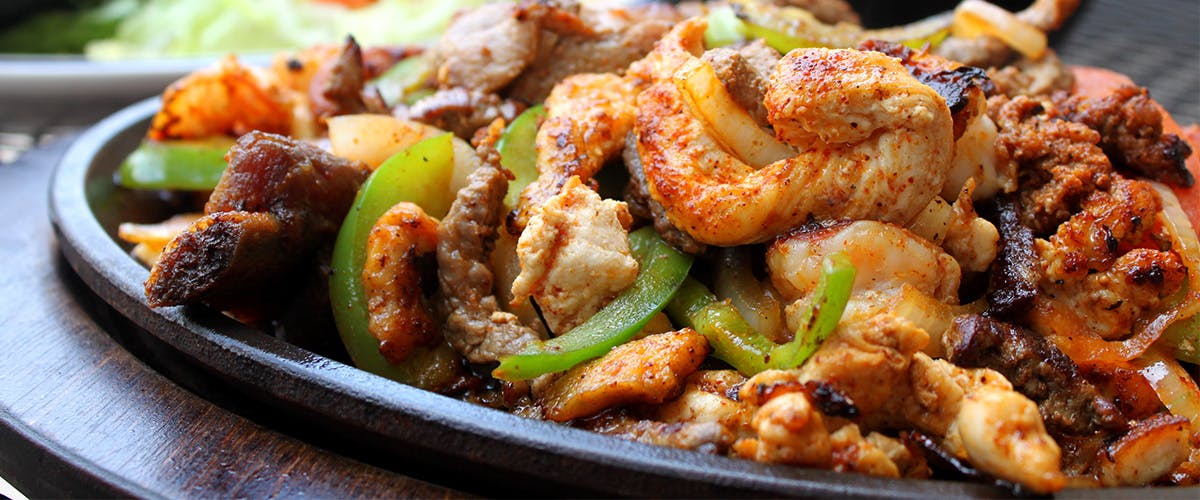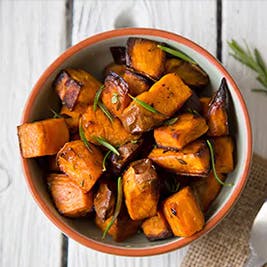The Truth About Spicy Foods and Digestion

Spice up your life.
Few foods are as polarizing as spicy things. Some people rave about how much they love them and claim eating them is great for everything from metabolism to libido. Others find the heat too strong or say spicy foods give them horrible heartburn. How can something that seems so innocent—spicy peppers are just vegetables!—be the subject of so much debate?
The Good
Like many colorful fruits and vegetables, red and green chili peppers are considered antioxidant-rich foods. Antioxidants can help prevent damage from free radicals in your body (free radicals are substances that contribute to many chronic diseases, so getting rid of them is a very good thing). Chilies also contain something called capsaicin, which is what gives them their heat. And the capsaicin is where a lot of other health benefits come from.
For example, capsaicin is believed to help improve digestion by upping the amount of digestive fluids in your stomach, and may also help fight bacterial infections. And one large study found that regularly eating spicy foods can lower your risk of death. Researchers in China followed more than 500,000 men and women over the course of nine years. They found that people who ate spicy food almost every day had a 14 percent lower risk of dying than those who ate it less than once a week. The lower risk of death wasn’t just general; it also held true for some specific causes of death, like cancer and heart disease.

Interestingly, eating foods with capsaicin may also have an impact on weight. A review of studies reported that eating capsaicin-containing foods was associated with lower rates of obesity and belly fat. And in one small study, researchers from Purdue University had 25 people eat spicy red pepper both with and without meals. Those participants who didn’t usually eat spicy foods and then ate something with chilies reported less of an appetite the rest of the day and felt less of a desire to consume fatty, and salty foods. The researchers noted that small changes (like eating a bit more spice) do have small results, but may cumulatively help with weight maintenance or weight loss. While more research needs to be done on this topic, if you like spicy foods and they don’t bother you, enjoy them!
The Not-So-Good
Your mouth isn’t the only thing that can burn after eating something spicy; you may find that you also experience heartburn. Every heartburn sufferer has different triggers, but some people might realize that eating spicy food can bring on the burning sensations of heartburn. If you think you’ve noticed a connection between eating spicy meals and heartburn, try cutting them out of your diet and seeing if symptoms go away. If you’re part of the 26 percent of people in the U.S. who don’t enjoy eating spicy food, that’s no problem! There are also plenty of other ways to keep your meals flavorful: think about adding fresh herbs or caramelizing vegetables.
But if you love the taste of spicy foods, know you have more in your future, and also suffer from frequent heartburn — meaning you get it twice or more per week — try taking Nexium 24HR, which provides all-day, all-night protection. While Nexium 24HR isn’t intended for immediate heartburn relief (it may take 1-4 days for full effect), it provides long-lasting relief; check the label for full dosing instructions. You’ll get to have your cayenne and eat it too.
Get more great health and wellness stories at MarthaStewaet.com/Strive.
© Meredith Corporation. All rights reserved.




